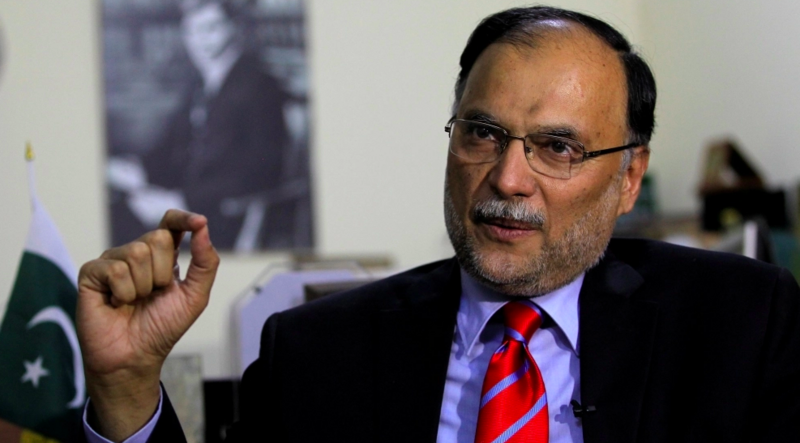LAHORE: Federal Minister for Planning, Development, and Special Initiatives Ahsan Iqbal highlighted the urgent need for Pakistan to transition to an export-based economy to achieve rapid economic growth.
Speaking at the 10th budget summit, organised by the University of Management and Technology (UMT) on Saturday, the minister highlighted the critical role of exports in ensuring sustainable development and reducing reliance on foreign aid.
Addressing a gathering of students, academics, and policymakers, Iqbal reflected on Pakistan’s developmental journey since its inception in 1947. He noted that the country, which began with scarce resources, has achieved significant milestones, including becoming the seventh nuclear power globally and producing advanced JF-17 Thunder jets. “From using thorns as pins in offices to building a modern telecommunications system with high mobile density, Pakistan has made remarkable strides,” he said.
However, the minister cautioned that these achievements pale when compared to other nations. In 1960, Pakistan’s manufacturing exports were comparable to those of South Korea, Malaysia, and Thailand, but today, Pakistan lags significantly with exports at 32 billion dollars, while South Korea’s exceed 600 billion dollars. Similarly, Pakistan’s per capita income of 1,600 dollars is dwarfed by China’s 16,000 dollars, despite starting at similar levels in 1980.
Iqbal posed a pressing question: why has Pakistan fallen behind countries like Vietnam, Bangladesh, and India, which have surged ahead in exports and economic growth? He attributed this lag to a lack of a conducive environment for development, marked by conflict, instability, and short-term economic policies. “Successful nations prioritize peace, ensure stability, and maintain policy continuity for at least a decade,” he explained, citing examples like Singapore, Malaysia, and China, where long-term leadership and consistent policies drove progress.
Copyright Business Recorder, 2025


